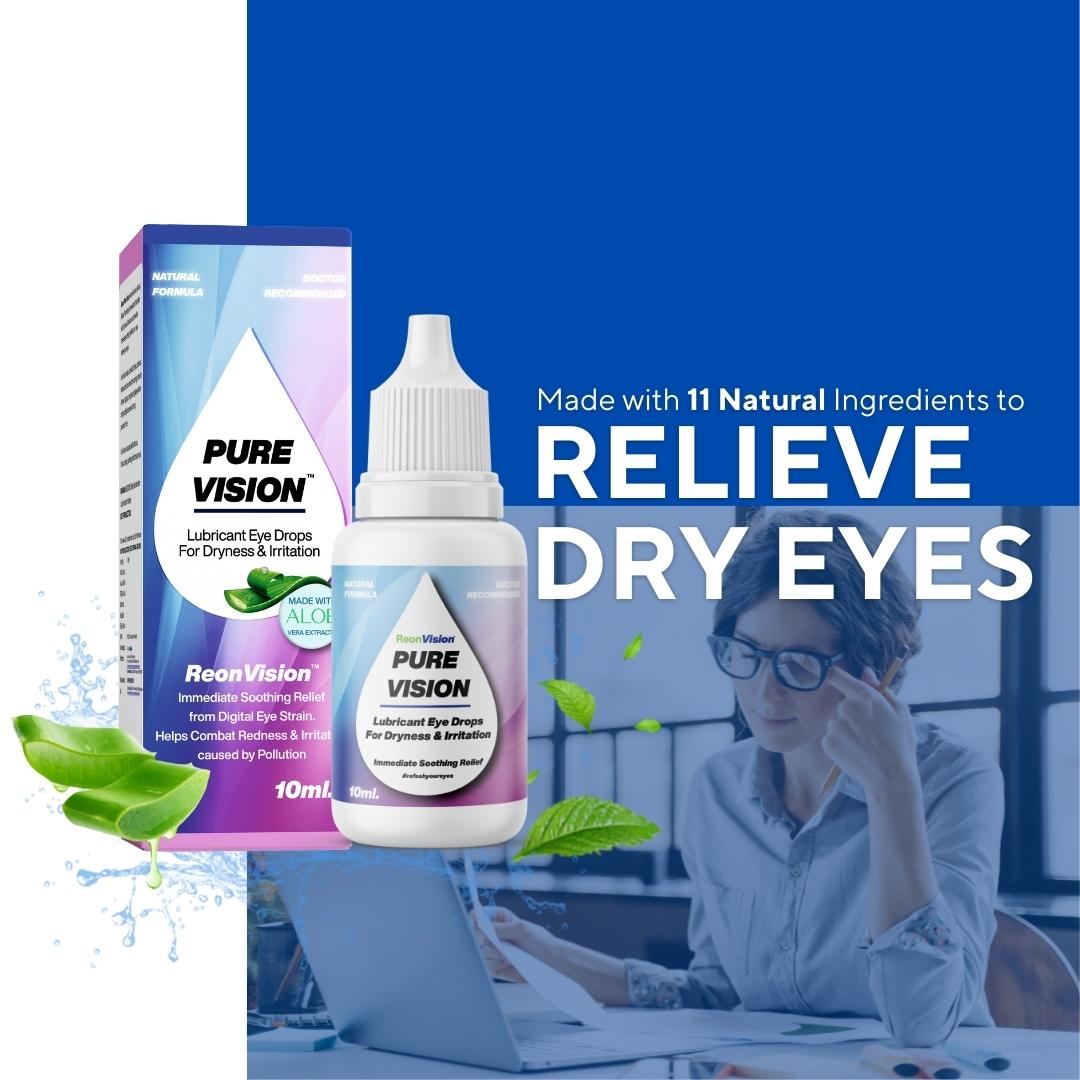
You might wonder if CBD oil is suitable for diabetes. It has been proven to reduce inflammation and pain. There are still some questions. This article will review the pros & cons of CBD oil in treating diabetes. Before using this product, you should know your medical history. It is crucial to know the signs and benefits of CBD oil before you start any type of medication.
Cannabidiol oil (CBD).
Cannabidiol has not been approved by the FDA for use in diabetes. However, this is an excellent time to learn about the science behind cannabis products. Type 1 diabetes is when the body doesn’t produce enough insulin in order to control blood sugar levels. It's common to be diagnosed in childhood. The CDC says that 5-10% of people with type 1 diabetes develop it. Type 2 diabetes occurs when the body is unable to properly use insulin. The CDC says that between 90-95% people with diabetes have type 2, Gestational diabetes, which is temporary, develops during pregnancy. It usually resolves after birth. The American Diabetes Association says that CBD products for diabetes have not been approved by the FDA.
Cannabidiol oil to treat diabetes
Cannabidiol or CBD is a type of cannabinoid. It's found in all parts of the human body including the pancreas. This molecule regulates glucose levels which is a crucial aspect of diabetes. Although CBD has been shown to be effective in treating diabetes, there is no way to know if it can also be used for other conditions. This is a concern, because FDA has not regulated CBD products for diabetes.

Cannabidiol oil decreases inflammation
It has been proven to be effective in reducing inflammation in diabetes patients. The chemical, CBD, is found in hemp plants. It can be found in many forms. The chemical has many benefits, including better glucose control, lower inflammation, and better skin. Alex Capano chief science officer of Ananda Health (a Kentucky-based company providing CBD oils and edibles for humans), said that CBD oils are edibles as well as other CBD product options.
Cannabidiol oil reduces pain
CBD, or cannabidiol oil, is a hemp-derived compound that has been shown to alleviate some of the symptoms of diabetes in both animals and humans. The many health benefits of CBD have been well documented. Research also shows that CBD can be helpful in managing diabetes. According to the chief science officer of Ananda Health, a Kentucky-based company that sells CBD oils, edibles, and other CBD products, the use of CBD for diabetes can help patients with their condition.
Cannabidiol oil helps reduce oxidative stresses
The mechanism by which diabetic cardiomyopathy causes oxidative and lipid peroxidation increases is complex. It is possible that this mechanism is linked to an increased expression of pro-inflammatory as well as cell death factors. Furthermore, diabetes alters cell metabolism and can lead to impaired cardiovascular function. Studies have shown that cannabidiol oil (CBD) may improve cardiovascular health by reducing oxidative stress in diabetic cardiomyopathy.
Insulin absorption can be improved with the oil of cannabidiol
Cannabidiol is an ingredient of wonder that has been proven to improve insulin absorption. It has long been touted as an antioxidant. Recent studies have shown CBD has been proven to be effective in preventing tumor growth. It works by acting on the PPAR receptors found on the nucleus of human cells. This receptor plays an important part in insulin sensitization, energy conversion, as well as lipid uptake.

Cannabidiol oil lowers blood Pressure
Cannabidiol oil is a powerful natural treatment for hypertension. Many functions of cannabidiol are related to its ability to lower bloodpressure. Stress, anxiety, poor sleep and lack thereof are just a few of the factors that can lead to high blood pressure. CBD reduces the symptoms and helps with mental focus, relaxation, and stress management. CBD is also known to reduce anxiety and stress levels, which can increase your risk of developing high blood pressure.
FAQ
Are CBD companies a good idea?
The answer depends on the question you are asking. If you are looking for a way to make some money, yes. But, if the goal is to help people, then no. Because there are other ways you can do it without spending $20k.
What are the best CBD brands available?
These five top CBD brands are hand-picked by our team based on value, reliability, quality, and price.
They sell CBD oil products of high quality that contain less than 0.2% HCA.
Our list of top CBD vendors worldwide is also recommended.
Is CBD a good company to invest?
As hemp-based products gain popularity, so does the market. It's estimated that by 2022 there could be $1 billion worth of hemp-based products on store shelves.
The market is also expected to continue growing at an annual rate of over 20% until 2020, when it reaches $2.5 billion.
Hemp oil is already used in many beauty and health care products such as lotions, shampoos, lip balms, moisturizers, body butter, and skin creams.
There are many CBD-infused food items, such as snacks, dog treats and pet foods, that can be produced by companies.
CBD is legal in all 50 states. However, this could change very soon. CBD is legal in all 50 states, but more research will be conducted to determine its potential uses. Businesses will have an easier time operating legally.
These are just a few of the many reasons CBD investment can be lucrative.
Is CBD a viable option?
Yes. However, it is not because of its medical benefits. Its ability to make people feel better without feeling high is what makes it so attractive.
People who want an alternative to prescription medications will love the fact that you don't feel any different after you use it.
And as we know from studies, there is a lot of evidence showing that cannabis helps with pain relief, anxiety, depression, insomnia, and many other conditions.
Cannabinoids found in cannabis also interact with the receptors in our brains. This interaction results in feelings of relaxation as well as well-being.
So if you're interested in using cannabidiol (CBD) oil for health reasons, then it's important to understand what exactly it does and how it affects us.
How can companies successfully market CBD products in a regulation-compliant manner?
The FDA does no regulate hemp as a crop commodity. The Controlled Substances Act governs all other cannabis derivatives, such as marijuana. To date, there are no specific regulations for CBD.
CBD is legal in 29 states. Federal law, however, still considers it illegal. Businesses looking to sell CBD products are left in uncertainty.
The FDA also has guidelines for how CBD products should be advertised. To make sure that CBD products are clearly disclosed about their THC content, the FDA has established strict guidelines. Without scientific evidence supporting this claim, CBD cannot be used to treat certain medical conditions.
Additionally, the FDA requires manufacturers submit information about manufacturing practices and quality control. They require companies to carry out clinical trials to prove safety or efficacy.
These are important considerations for companies when creating their marketing strategies.
Where can you buy CBD products
CBD can be bought online or at your local retailer. You will find better deals at online retailers. Many websites sell CBD products containing industrial hemp.
If you prefer shopping locally, consider brick-and mortar businesses that are focused on CBD products.
There are laws in many states that allow CBD products to be purchased without the need of a prescription. If you live in one of those states, you may be able to buy CBD products at your local pharmacy.
CBD products can be delivered directly to your front door.
Which countries produce the highest quality CBD?
The United States produces the majority of CBD products.
However, CBD products can also be made in Canada, Australia, New Zealand and Israel.
Statistics
- CBD seems unlikely to directly influence sleep in healthy humans [115] (and maybe “sleep-promoting” in those with certain comorbid conditions) (ncbi.nlm.nih.gov)
- HR −16 mmHg; 95% CI −26, −6; I2 = 92%) (ncbi.nlm.nih.gov)
- As a substance that was federally illegal before the passage of the 2018 Farm Bill, hemp-derived cannabinoids with no more than 0.3% THC still face a regulatory grey area. (forbes.com)
- A recent study [161] also found that in vitro CBD treatment (i.e., ≤ 2 h exposure to 10 μM) induced ~40% vasorelaxation in isolated (pre-constricted) (ncbi.nlm.nih.gov)
- The use of these products is likely to become even more widespread if the World Health Organization's recommendation that CBD no longer is scheduled in the international drug control conventions is adopted by the United Nations member states [201]. (ncbi.nlm.nih.gov)
External Links
How To
How To Get Certified For Selling CBD Products
One of many cannabinoids found within cannabis plants is CBD (cannabidiol). It has been used medicinally since ancient times, including in traditional China, India, and many South American nations. Its ability to treat anxiety, pain and epilepsy has led to it becoming increasingly popular in recent years. If you're looking to sell CBD products, however, there isn't an official certification program. At least not in the U.S.
There are two ways to go about this. The first way is to join an association of local cannabusiness owners. This allows you to network with other owners and get advice and support. There are currently many associations across the country. Another option is to go online. Canna-businesses can now operate online in many states. If so, then you can set up your own website and begin taking orders right away. You must register with the Department of Public Health in your state. After you have registered, you can apply for a license from your state's Department of Public Health. Once you have your license, it is legal to open your shop and accept orders.